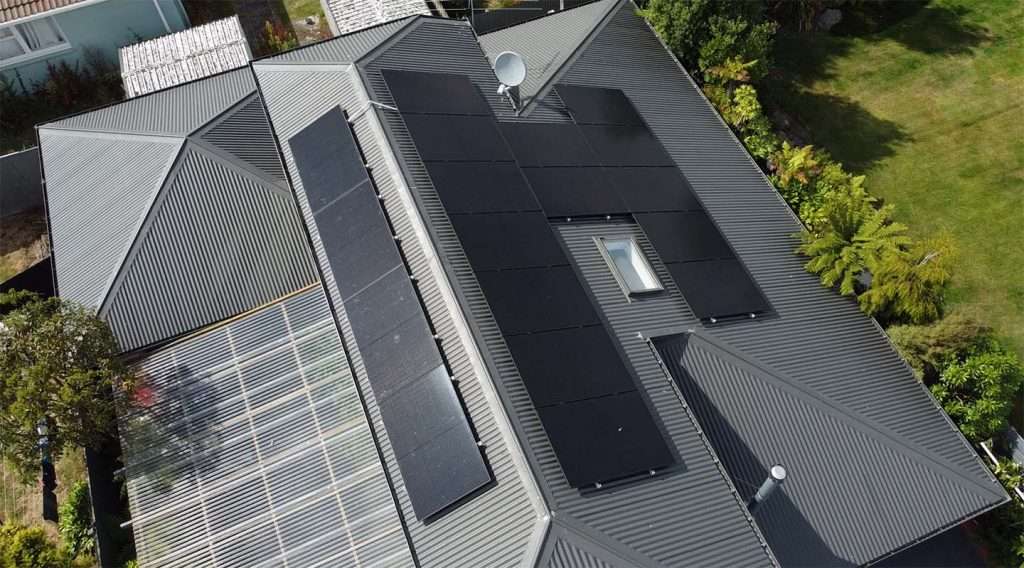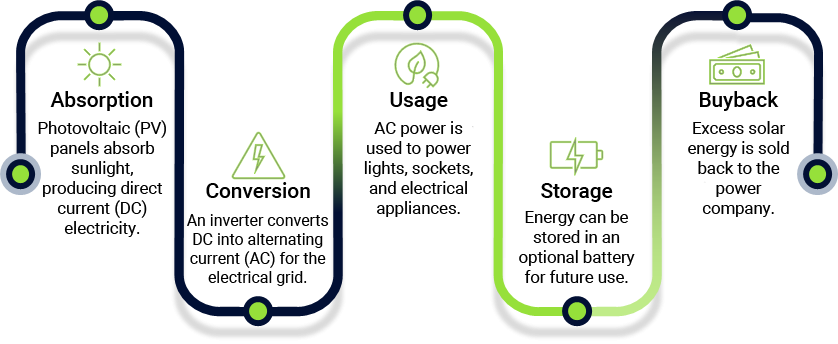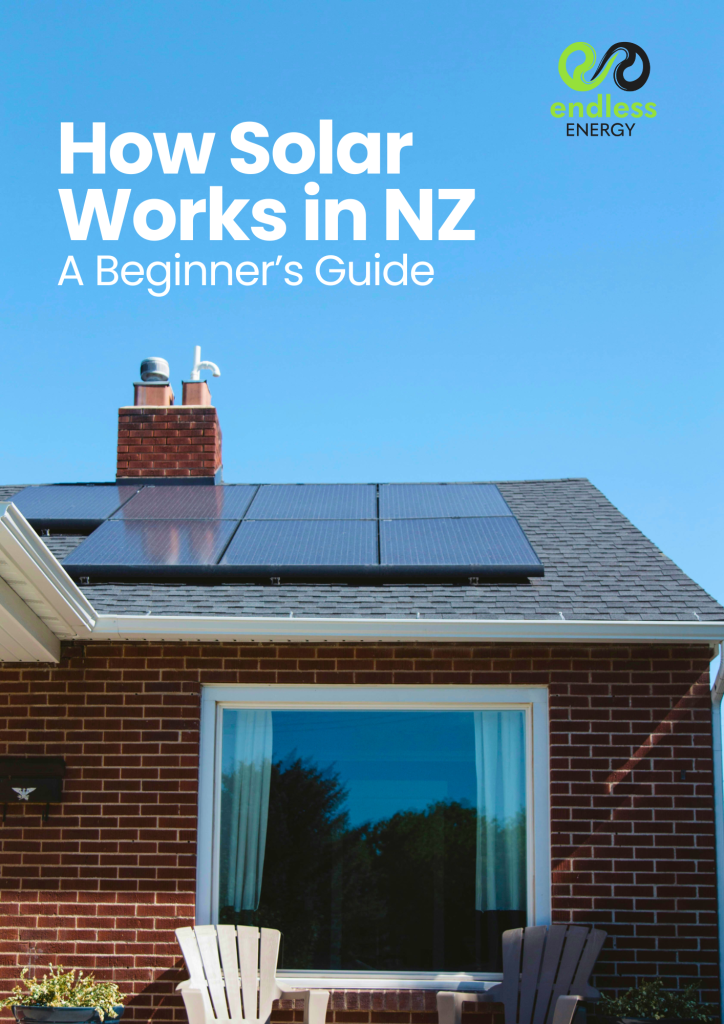Solar energy for your home has never been more affordable. Save money and the planet by harnessing the energy of the sun to generate clean and renewable electricity. This environmentally friendly solution not only reduces reliance on fossil fuels but also lowers electricity bills and contributes to a more sustainable future. By investing in residential solar, homeowners can enjoy greater energy independence and resilience while minimising their carbon footprint.

our 3 Step process
Explore Your Solar Potential
Get Started: Contact us and a solar consultant will review your electricity usage, goals, budget, and home’s solar potential to determine if solar is the right fit for you. We’ll also answer any question you may have. Whether your priority is saving money, adding home value, achieving energy independence, or helping the planet, we’ll focus on what matters most to you.
Custom Solar Design & Proposal
Designed for Your Needs: After a site assessment, our in-house solar designer creates a custom system based on your situation while taking into consideration your roof orientation/pitch, and any shading. You’ll receive a no-cost proposal outlining the system’s benefits, long-term savings, and the value it brings to your home. Our focus is on delivering a solution to combat high energy bills, and a smarter way to power your home.
Go Solar with Confidence
From Proposal to Power: Once you’re happy with your solar proposal & design, we finalise the details and secure your spot with a small deposit. Our in-house engineering and project management team will take it from there, ensuring a smooth process from permitting to installation—typically within 4-6 weeks.
How Does Solar Work?
Solar PV panel systems use cells to convert sunlight into electricity. The panel collects the sun’s energy and makes direct current (DC) electricity. An inverter changes the DC electricity into alternating current (AC) electricity, which most homes use. The inverter is a metal box connected to a meter, which in turn is connected to the utility’s electric grid.

Solar Benefits
Save Money
Save a significant amount on your power bill, especially as electricity costs continue to rise across New Zealand.
Become Energy Independent
Regardless if the grid is up or down, increase both your energy independence and resilience by generating and consuming your own energy with solar. These factors will become increasingly important as extreme weather events occur more frequently.
Increased House Value
Homes with solar panels tend to have higher property values and sell faster than those without.
Help The Environment
Solar energy is a clean, renewable power source with one of the lowest carbon footprints of any energy generation method. Solar panels and batteries can also be recycled at their end of life.
RESIDENTIAL SOLAR REVIEW
Google Reviews
EXCELLENTTrustindex verifies that the original source of the review is Google. I used Endless Energy for my PV installation. Everything from start to end was well managed. So far I haven't had to pay for energy since October. Highly recommendedPosted onTrustindex verifies that the original source of the review is Google. Great to deal with, very happyPosted onTrustindex verifies that the original source of the review is Google. Had solar fitted in November 24 . Staff fitting this system where very helpful. Savings noticed straight away . .highly recommend this company .Posted onTrustindex verifies that the original source of the review is Google. We have been very impressed with the solar system proposed for our new building. The team progressively install the components as the building was going up and worked in well with the site electricians. The completed system is preforming well and giving us the expected performance.Posted onTrustindex verifies that the original source of the review is Google. Just had a system installed by the great guys at Endless energy. We went with them because they listened to what we wanted and gave the best advice . We are very pleased.
Finance solar energy for your home

ANZ Good Energy Home Loan
Top up your ANZ Home Loan at a fixed rate of 1.00% P.A. for 3 years, up to $80,000, to make your home more energy efficient and better for the environment. Learn more

Westpac Greater Choices Home Loan
Get up to $50,000 interest-free for five years to help you create a warmer, drier and more energy-efficient home life. Learn more

ASB Better Homes Top Up
Top up your ASB Home Loan, up to $80,000 at 1.00% P.A fixed for 3 years, to make your home drier, warmer or more energy efficient. Learn more

Kiwibank Sustainable Energy Loan
Top up your home loan to install an eligible sustainable energy system and Kiwi bank will kick in some cash to help you pay it off faster. If you borrow more than $5,000, we’ll contribute up to $2,000 over four years towards the cost of the system – $800 at the end of the first year and $400 at the end of each of the following three years. Learn more

BNZ Green Home Loan top-ups
You could borrow up to $80,000 at a 1% p.a. 3-year fixed rate to pay for eligible upgrades to your home or for electric transport options. Learn more
Frequently asked questions
How much money will I save switching to solar power?
By switching to solar, users can expect to save a significant amount of money on their power bill especially as the cost of electricity rises. The total amount of money saved will depend on the size of your solar system, as well as the percentage of solar energy used relative to your total energy consumption. Our software has the capability to accurate forecast your savings throughout the 25+ year lifespan of your system. We can also calculate your return on investment (ROI), and payback period.
How much does a solar system cost?
A fully installed residential solar system can cost anywhere from $10,000 (inc GST) for a small system, to $30,000 for a large system with a back-up battery. However, every situation is unique which is why we provide all of our customers with a customised proposal based on their specific circumstances. To get an accurate price for your home, contact us here for a free no obligation solar proposal.
Should I add batteries to my solar system?
Adding a battery to your solar system is ideal for those who prioritise energy independence, and want to contribute to grid resiliency through a virtual power plant (VPP). It is also essential for going off-grid. While lithium-ion battery prices have dropped by 80% over the past decade, battery storage isn't for everyone and can extend your payback period.
Even if you decide not to install a battery today, we recommend future-proofing your investment with a battery-brand-agnostic hybrid inverter. This allows you to seamlessly add a battery later, taking advantage of falling prices and enhancing your energy independence without the need to upgrade your inverter.
What kind of servicing does a solar system need?
Essentially there will be very little maintenance needed on your solar system, but like any other electrical installations, regular yearly maintenance is important such as checking connections, and cleaning the solar panels from any debris buildup. We can provide this service at an extra cost.
Can I sell my excess solar energy?
Absolutely! You can sell any excess solar energy you produce back to the grid and your utility company will give you a credit on your power bill. This is known as a solar buyback. As a rule of thumb, you can expect anywhere between $0.07 - $0.21 per kWh of electricity exported.




